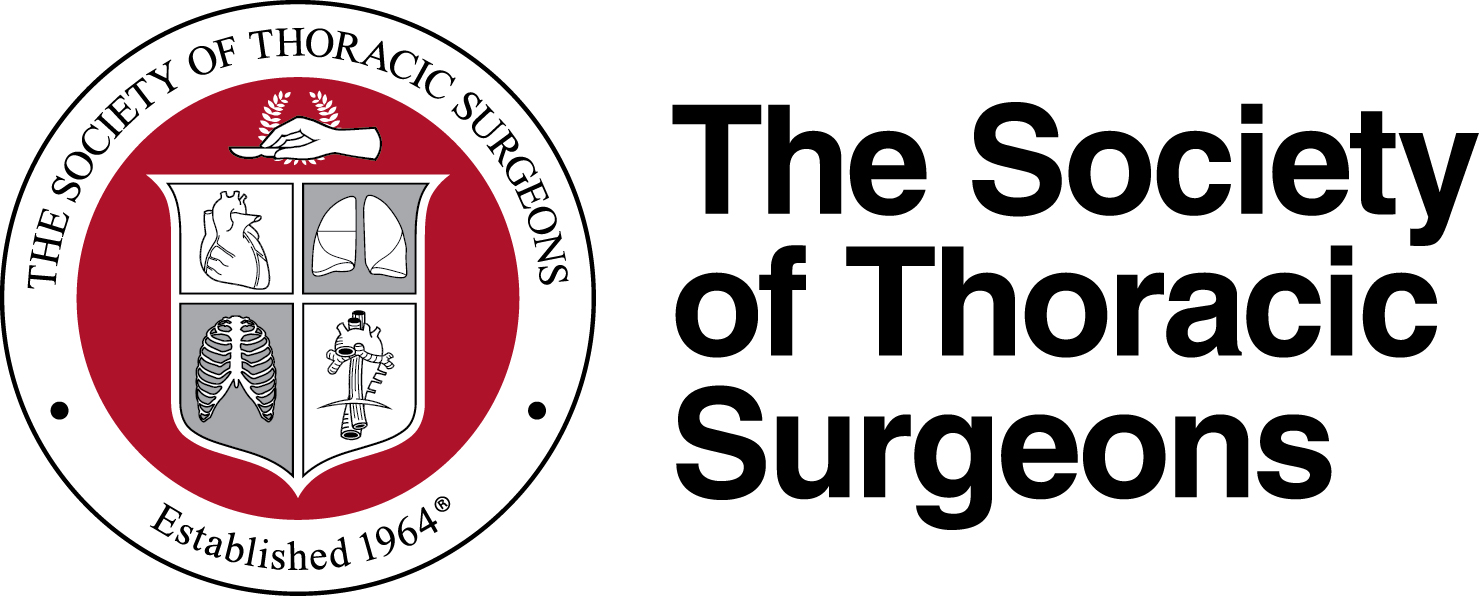Newswise — CHICAGO (October 5, 2017) — A new, inexpensive urine test accurately identifies patients at risk for kidney damage after open heart surgery, allowing for corrective action before permanent injury occurs, according to research presented today at the 14th Annual Multidisciplinary Cardiovascular and Thoracic Critical Care Conference from The Society of Thoracic Surgeons.
“This research supports the importance of diligent monitoring of patients,” said Paul DiGiorgi, MD, of Lee Health in Fort Meyers, Florida. “With this test, we now can identify stress on the kidneys and intervene earlier and more effectively.”
Dr. DiGiorgi and colleagues from HealthPark Medical Center of Lee Health in Fort Meyers, Florida, designed a study involving all patients who received open heart surgery at HealthPark between September 2015 and October 2016. A total of 1,116 patients with a mean age of 67 years were included. Urine samples collected at 4 and 12 hours after a patient’s arrival to the intensive care unit postoperatively were analyzed for TIMP-2 and IGFBP7 proteins. Elevated levels of these biomarkers in the urine indicate that a patient may be at risk for acute kidney injury (AKI). This was the largest study to examine TIMP-2 and IGFBP7 proteins in cardiac surgery patients as it relates to AKI.
“This test is superior in detecting risk for AKI,” said Dr. DiGiorgi. “When there are elevated levels of these two proteins, appropriate measures should be taken to avoid or diminish the severity of the kidney injury. It is the intelligent application of the test results and care coordination that ultimately makes the difference in practice.”
According to the researchers, after analyzing test results and taking subsequent preventative measures, they were able to reduce both the incidence of AKI and the delays in patient care as a result of the complication.
AKI is the sudden loss of kidney function that happens over hours or days. This damage causes a buildup of waste in the blood and makes it difficult for the kidneys to correctly balance fluid in the body. Considered a common complication from open heart surgery, AKI is most likely to occur during the operation and in the early hours following. AKI may increase in-hospital mortality and adversely affect patient survival, so it’s especially important to identify patients at risk during the immediate postoperative period.
“During heart surgery, all organs can be at risk for injury, including the kidneys,” explained Dr. DiGiorgi. “The immediate postoperative period is a critical time when targeted therapies and avoidance of further stressors can have the greatest impact on reducing renal injury that may have started in the operating room. Without early detection, further damage can occur.”
The urinary biomarker test is performed by collecting a urine sample within 12 hours after surgery. The sample is processed and analyzed in-house within an hour for less than $100.
“Although care providers are becoming increasingly savvy at preserving their patients’ health through a difficult illness, the most important time to take corrective action is before anything happens in the first place,” said Dr. DiGiorgi. “Through new technologies and careful research efforts like this, we are working to reduce the incidence of AKI and improve the care of heart surgery patients.”
###
The other authors of the study were B. Laviano, RN, P. DiGiorgi, MD, R. Buss, MD, G. Comas, MD, and B. Hummel, MD.
For more information, contact Jennifer Bagley at 312-202-5865 or [email protected].
Founded in 1964, The Society of Thoracic Surgeons is a not-for-profit organization representing more than 7,400 cardiothoracic surgeons, researchers, and allied health care professionals worldwide who are dedicated to ensuring the best possible outcomes for surgeries of the heart, lung, and esophagus, as well as other surgical procedures within the chest. The Society’s mission is to enhance the ability of cardiothoracic surgeons to provide the highest quality patient care through education, research, and advocacy.
